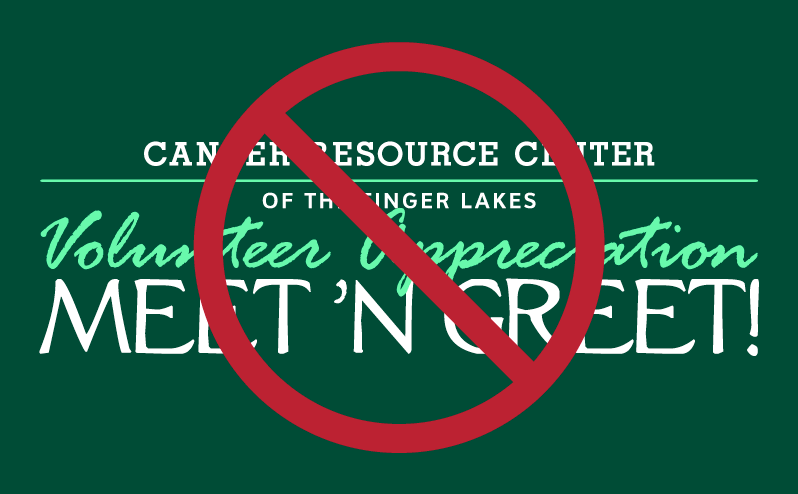Nearly everyone has had a friend, neighbor, co-worker or acquaintance diagnosed with cancer. Most people want to be helpful, but may fear being intrusive or simply getting in the way of the immediate family. In general, what those of us with cancer most appreciate from our friends are help with practical matters and the maintenance, as much as possible, of a sense of being normal.
Here are a few suggestions:
Do
- Send cards of support and encouragement. (E-mail just isn’t the same).
- Offer to walk their dogs.
- Cut their grass or shovel their walk.
- Fill their birdfeeders.
- Offer to bring mutual friends over to watch a sporting event or other favorite tv show.
- Offer to watch their kids for an evening or weekend.
- Drop off meals that can be frozen.
- Take their trash cans to the curb.
- Offer to drive them to appointments.
- Offer to organize other friends who may want to help by cooking or driving.
- Send small gifts.
- Send another card.
- Take the initiative for staying in touch. The person with cancer is often short of both time and energy.
- Extend small kindnesses.
- Make a donation in their honor to an organization they value.
Don’t
- Provide unsolicited advice about how they should treat their cancer.
- Assume that your friend is a different person because they’ve been diagnosed with cancer.
- Be afraid of talking about normal stuff. People with cancer usually enjoy taking a break from cancer.
- Stay too long when visiting. If the patient is looking tired, let them rest.
- Ask, “How can I help?” That puts the burden on the patient to think of things. It’s better to call and offer something concrete such as, “I’m heading to the grocery store this afternoon. Can I pick up something for you?”
- Be nosy. It’s fine to ask how the person is doing, but don’t pry for details. If they want to tell you, they will.
A person who recently went through cancer treatment told me that the friends he valued the most were those who found the “sweet spot.” That is, they acknowledged his cancer but still treated him like he was still the same person. It’s a balancing act that may take some fine-tuning and practice, but it’s worth the effort.
From the Ithaca Journal.
Click here to see all of Bob’s Columns





